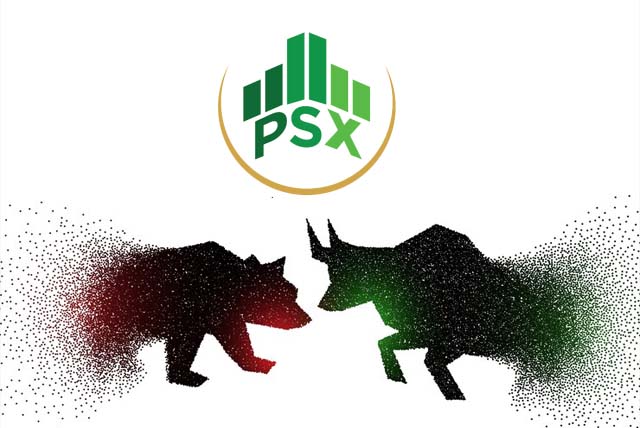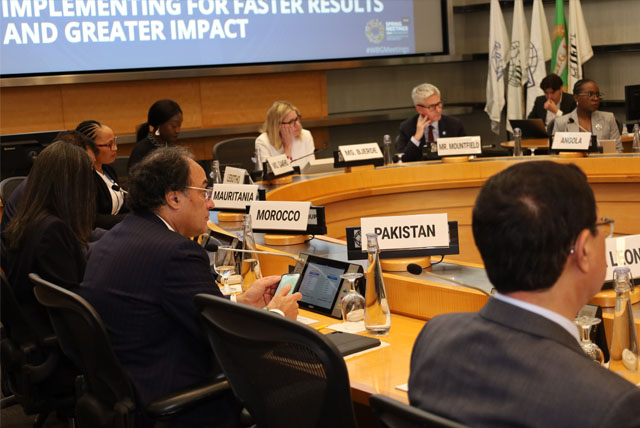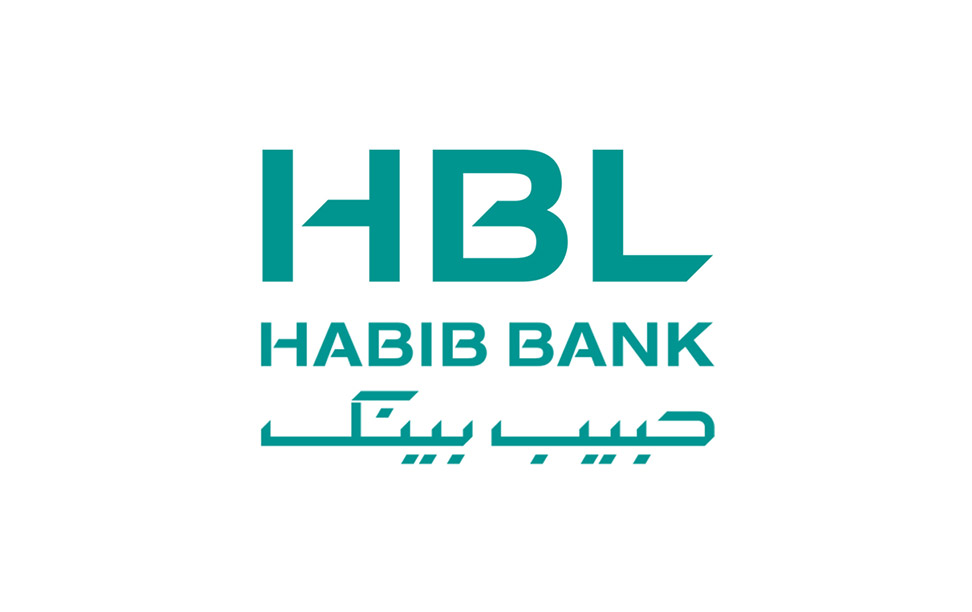November 3, 2020 (MLN): The GIDC episode has been a long-standing issue in Pakistan which refuses to die down even after the passing of three months since the verdict given by the apex court. A recent development on the case says that the Supreme Court, keeping in view the financial capability of the plaintiffs, has decided to extend the schedule of GIDC payment from 24 months to 36 months.
This means that instead of clearing the dues in 24 installments over a course of 2 years, the fertilizer companies will have to settle their GIDC payments in 60 installments over a period of 5 years. According to AKD Securities, this development stands in favor of these companies, as they previously saw themselves in an extremely difficult situation owing to liquidity situation.
To recall, the Supreme Court of Pakistan on August 13 gave its verdict on the long-pending issue of GIDC, thereby passing judgment in favor of the government. The apex court also ordered the companies to pay the outstanding GIDC amount of Rs. 417 billion within 24 months.
This relief does not indicate any changes to the verdict passed by the court, which still stands in the favor of the state. In fact, the court disposed of all the review petitions filed by the aggrieved parties against the verdict and considered GIDC Act to be intra vires, which implies that the levy imposed on the industries is in accordance with provisions of the constitution.
In one of our earlier reports, we discussed how the fertilizer sector would suffer the largest brunt, as it will have to pay approximately Rs. 177 billion, which constitutes around 38% of the total GIDC payment. The impact was expected to be even worse for companies such as FFC and FFBL in terms of earnings, as the former is already suffering from loss in non-core income on short-term investments while the latter is facing significant liquidity issues.
The relief on the schedule of payments is likely to reduce the cash flow concerns of fertilizer companies to a significant extent, says a report by Alfalah CLSA. This also means that the fertilizer companies will not have to resort to increasing the prices of Urea to settle its liability.
It is pertinent to mention that had Supreme Court not granted this much-needed relief in the timings of payment, then FFBL would have raised debt to meet its obligation whereas EFERT and FFC would have sacrificed their short-term investments, therefore forgoing prospects of earning higher interest income. On the contrary, FATIMA has obtained a stay order on the GIDC payable over concessionary gas (not provisioned for in financials). However, clarity on this is still awaited.
Now with a new timeline in place, these companies will not have to worry about liquidity and cash flow issues. The most important factors to consider here are that a) FFBL will have time to consider options other than raising debt to meet its liability and b) Urea prices will not have to be increased, at least in the short-term.
Copyright Mettis Link News
37804







